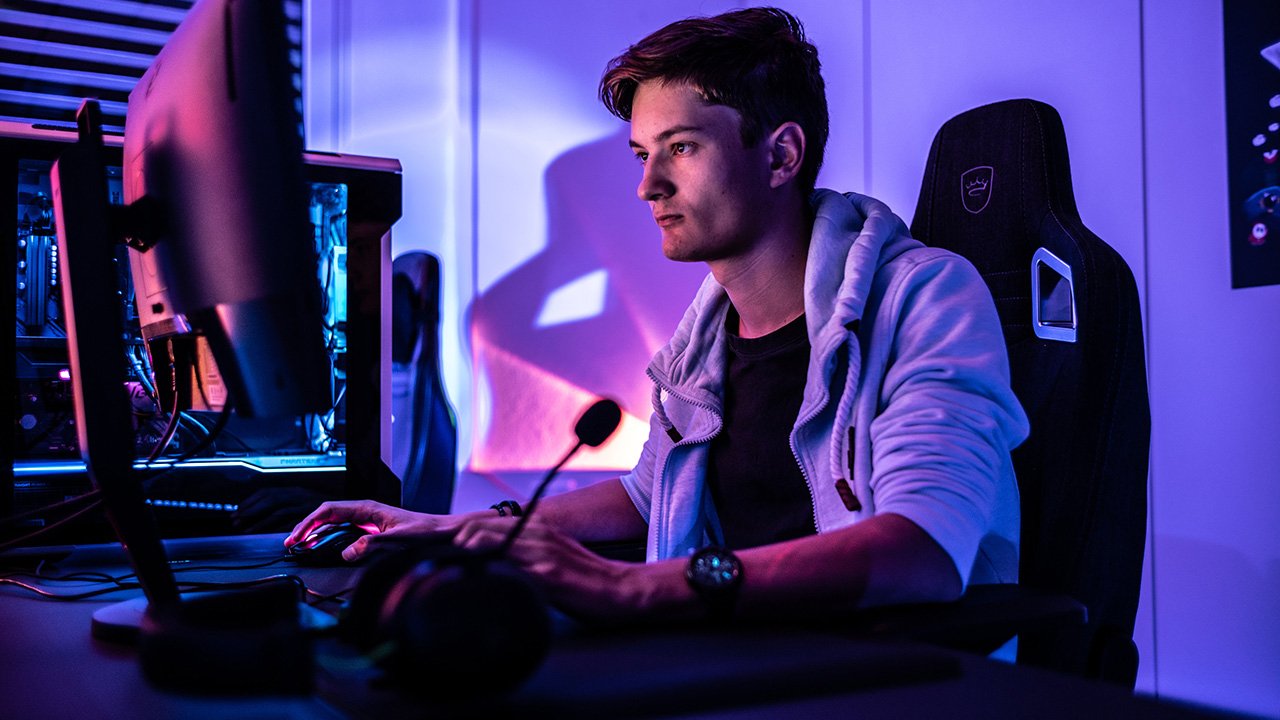Billion of players want to share content and their passion - games
With more than 3 billion players worldwide, it's no surprise that many are passionate about games and are eager to share their experiences with others. In recent years, the popularity of gaming has grown exponentially, driven in part by the Covid-19 pandemic and the rise of hyper-casual games. Today, one-third of the world's population plays games, and they come from every background and age group.
For many players, gaming has become a daily routine and a way to relax, socialise with friends, and be part of a community. Games provide a vast variety of experience, it can be a match-3 game, farm simulator, or war robot fights. According to reports from Google and NewZoo, around 30% of players are eager to share their gaming experiences on social media, while 40% play games to feel a sense of belonging. This means that around 1 billion players are willing to make posts about games, but social media platforms like Instagram, Pinterest, and TikTok aren't seeing as many gaming posts as you might expect.
One reason for this is that most gaming posts are made from alternative accounts, rather than a player's main social media account.
The stigma around games- that’s why current social networks don’t work for players
The gaming community has long faced stigma and negative attitudes from those who don't understand the appeal of games. This makes it challenging for players to share their passion on current social networks without facing negative comments and social pressure.
The biases against gamers were formed during the era of PC and console competitive games and have persisted to this day. Common stereotypes include the belief that gamers are toxic and dangerous, that only kids play games, and that games are a waste of time. Unfortunately, even with the emergence of a new audience of 2.7 billion mobile players over the last 15 years, these biases continue to persist.
This means that even players of non-competitive mobile games may feel pressure to hide their gaming habits and keep their social media accounts separate from their "gamer side". This divide reinforces the stigma around gaming and limits the opportunities for players to connect and share their experiences with others who share their passion.
Player identity is a way to be your true self
In today's world, people have multiple identities across various social media platforms and don’t mix them. LinkedIn is for professional networking, Instagram, Snapchat, and Facebook are for sharing with family and friends, Tinder is for dating, and so on. Games are no different - many players create alternative accounts to represent their player identity.
Your player identity encompasses your gaming experience, preferences, and style, as well as your avatars in different games, your connections with teammates and friends who play the same games, your gaming achievements, and memorable moments that are often screenshotted or screen captured.
Creating a player identity allows express themselves freely by talking about games, sharing gaming content, and being part of the larger players' community. In this way, player identity is not only a way to connect with others who share your passion for gaming but also a way to be true to oneself without fear of judgment or social pressure.
Looking to the future, there are several key considerations that need to be addressed in the gaming industry.
What’s next?
First and foremost, we need to create more safe platforms to accommodate the rising player identity needs. Many players want to be part of a community and have the ability to discuss games with like-minded people without fear of social pressure or disapproval. By creating such platforms, we can help players feel more comfortable and confident in expressing their gamer identities.
As gamer biases begin to fade, we will likely see a growing number of people posting more game content on current social networks. This will be a positive step forward for the games community, as it will help to break down stereotypes and increase understanding and acceptance.
Finally, game developers need to recognise the importance of player identity and provide the tools and resources needed for community creation and self-expression. Those who fail to do so run the risk of losing out to competitors who are more in tune with the needs and desires of their players. By understanding and supporting player identity, game developers can foster a stronger and more engaged gaming community for years to come.
Lead image: ELLA DON



Would you like to write the first comment?
Login to post comments